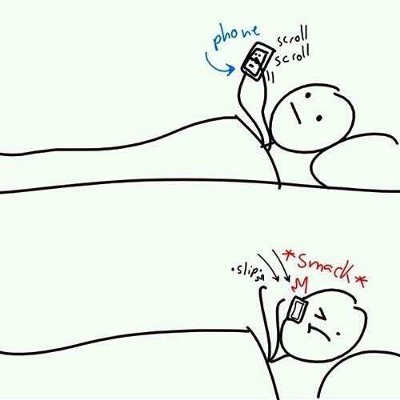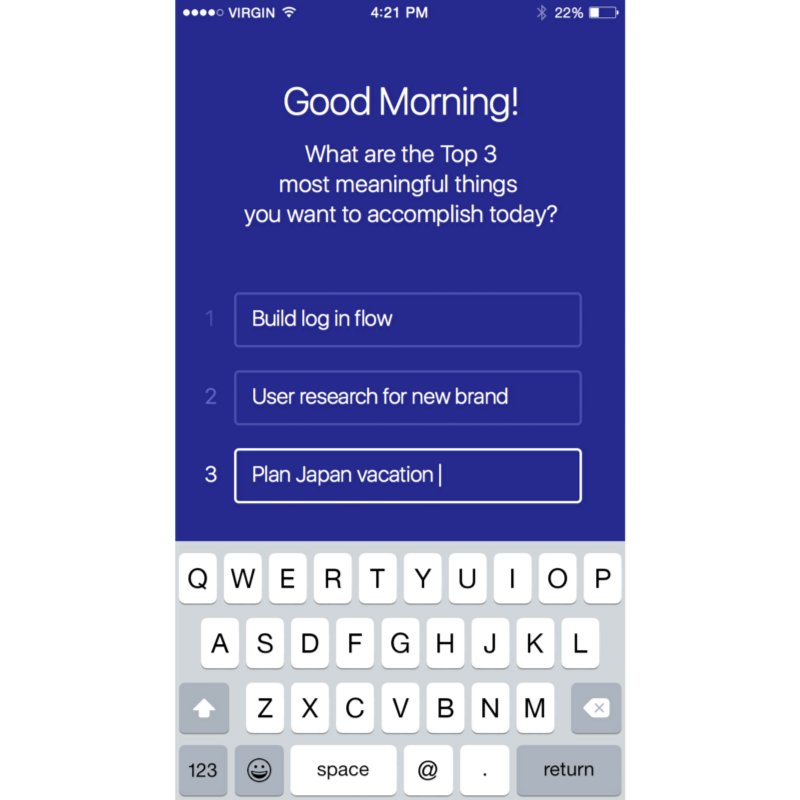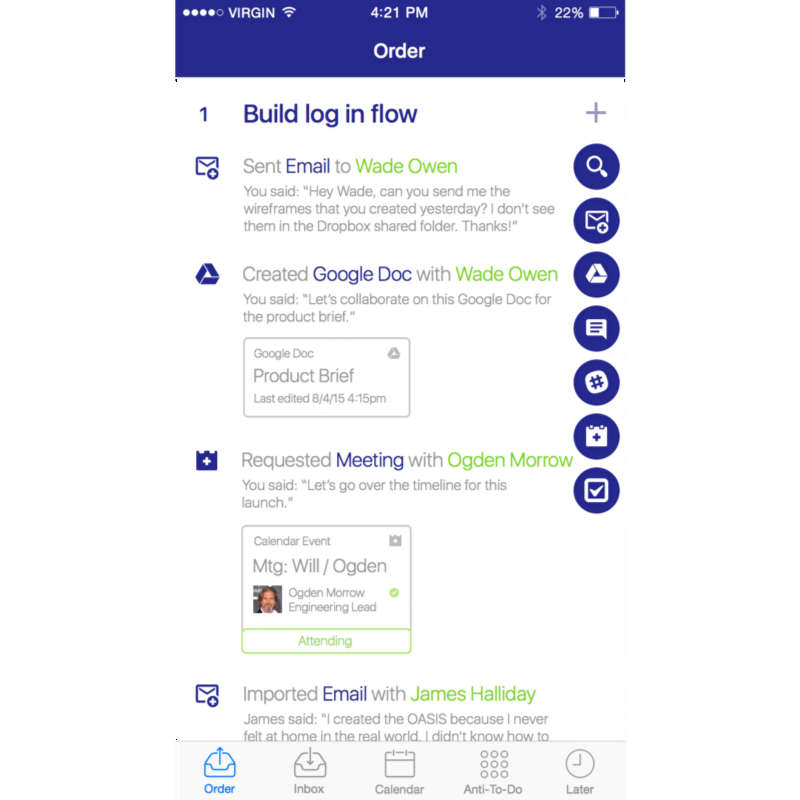The balance of work and personal life? What it is? or Update outbox

The 40-hour work week has long been out of control and has increased significantly in size. The boundaries between labor and life do not exist. The question of the balance of work and personal life becomes more urgent than ever. The concept of this balance has become almost a joke, especially in the technology industry. What can be done in this direction?
Word - the author of the article.
Matt Galligan and I drank more than a couple of beers last night. And the main topic of our discussion was the question of the balance of work and personal life. The answer I usually get when asking friends about the balance between work and the rest of life is:
- "Ha! What is it? "
- nervous laugh
- shifty eyes
- I'm trying to flash, but I just woke up ...
An even more malicious unspoken problem is what I call the “pseudo-work”. It arises when you think that you work, because your thoughts are set up in the labor way, but in reality your activity does not bring any benefit.
')
For example, I have a stack of books on the “theory” of design that I want to read. But this activity is somewhat similar to work. Therefore, whenever I undertake it, I always have a feeling of guilt, because I should be engaged in the "real business." Paradoxically, remorse torment me much less when activity is definitely not related to work, say, while playing something like Destiny.
This is probably the result of the lack of a clear definition of “work” (bright-linerule effect). Such a definition is necessary to achieve predictable and lasting results leading to happiness and productivity. I think the absence of this clear line explains why the 40-hour work week went out of control and instantly increased in size. The boundaries between labor and life do not exist.
The greatest offender is email
I guess that this is where most people (non-Slack users) spend the lion's share of their working hours. And for many, it became the first thing they grab when they barely wake up in the morning.
I'm bad at this: I have vision problems (- 5.5 on both eyes), and I have to keep the phone literally a few centimeters from my face to see the text on the screen.

Focusing at this distance, my eyes “hang”, and recently my girlfriend gently informed me that this temporarily makes my view in the morning attractively foggy.
Another example of the negative influence of electronics on behavior is the Snooze option in Google's Inbox. This feature is considered one of the best recent innovations in email. Matt told me that the “sleeping” mode makes him more restless in the morning, because he knows: these letters will arrive at 7:00, being at the top of the list.
Spontaneous interventions that require an immediate response prevent you from enjoying the long periods of work required to maintain high productivity.
How to regain control of your own day? First of all, close your inbox and ask yourself at the very beginning of the day:
“What good will I do today?”
Ben Franklin, an erudite scholar, had a very peculiar daily routine. Every morning he wondered: "What good will I do this day?"
Marc Andreessen also shares this opinion. He emphasized this in a series of his amazing blog posts about personal productivity:
Every evening, before you go to sleep, prepare a small card for notes with a list of 3-5 items that you will perform the next day. And tomorrow, engage in their implementation.
So, if you don’t look in your inbox and ask yourself every day what is most important to you,
What will happen if the default folder in the mail will open the "outgoing"?
When was the last time you looked at your sent emails? What percentage of them are new messages that you created from scratch, and not in response to the previous message?
Ironically, most outgoing emails are reactions to incoming emails.
Let's change this.
What happens if, by default, your Outbox displays a list of tasks ranked by rank that you want to finish in a day?
The first thing you do in the morning, right after you embrace the spouse (s) and wish him / her good morning, may still be an appeal to the mail client. I will not stop you.
But this time, before giving you a chance to look at something from the mail, they will ask you by default,
"What are the 3 most
important / serious / significant things
do you want to do today? "

And then you can work on these three tasks by sending emails! (or moving to tools that you actually use for work).
This way your outbox is filled, focused on 3 priority problems.
By clicking on the "+", you can send letters, create relevant documents, put a post on Slack, select subtasks and much more.
Noteworthy is the search icon, with which you can drag letters and other elements from all the services you use: email, Dropbox, Drive, Invision, etc.
This is how the full version of Outbox can look with many different options for outgoing components.

At the end of the day you will receive the following results:
- whether you coped with the top three tasks;
- anti-to-do list: everything you did, except for the morning Top 3.
How does this affect your relationship with your inbox?
You will receive control over the letters sent to you. And you can decide when to look at this list. And it will depend on you whether to add an item from your inbox to your outbox.
The goal is not to create a next task manager application that will impose on you a specific, monotonous, unusual process. Everyone has their own schemes of work, and Outbox is versatile enough to become a guideline, not an additional task.
In this regard, any tool can do the same. True progress towards a balance of work and personal life will appear only when we solve the spiritual question underlying the expectations for the future of work.
PS We recommend another article on the topic - How to stick to balance in virtual life .
Translated by Vyacheslav Davidenko, founder of MBA Consult .
Source: https://habr.com/ru/post/299362/
All Articles